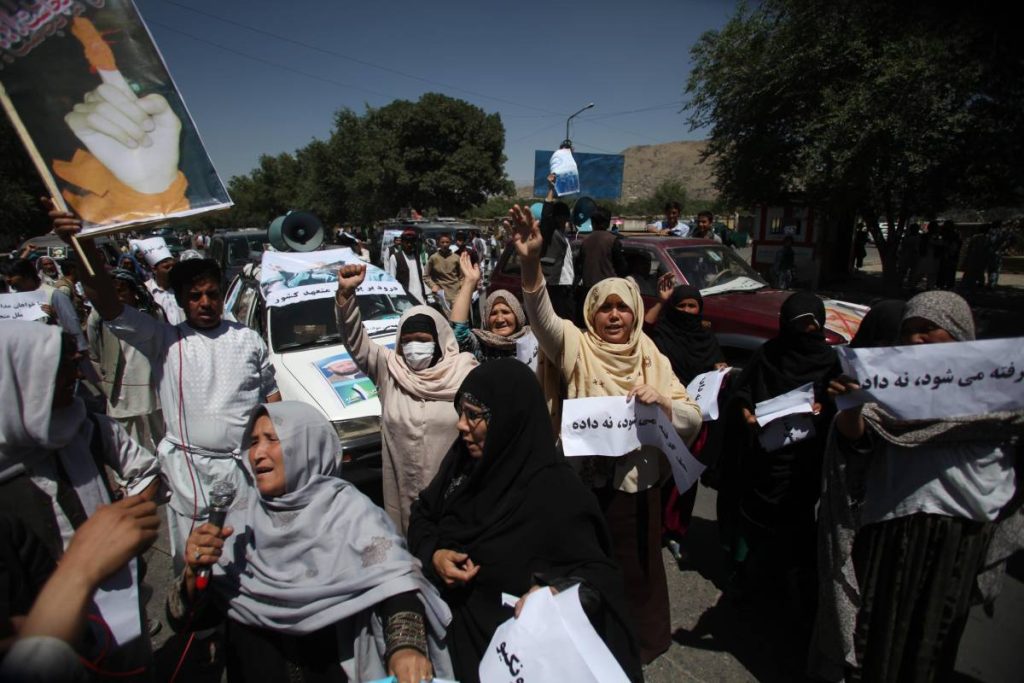RSF and AIJA have said that new restrictions imposed on media outlets, especially female reporters, and the economic and financial challenges are the two main reasons…reports Asian Lite News
Since the Taliban takeover, 40 per cent of Afghan media outlets closed, while 80 per cent of female reporters have lost their jobs.
The data was released by the Reporters Without Borders (RSF) and the Afghan Independent Journalists Association (AIJA) said on Wednesday, reported Tolo News.
“A total of 231 media outlets have had to close and more than 6.400 journalists have lost their jobs since 15 August. Women journalists have been hit the hardest, with four out of five, no longer working,” the survey said.
According to the RSF and AIJA, of the 543 media outlets operating by the start of summer 2021, only 312 were still operating by the end of November, reported Tolo News.
“More than four out of every ten media outlets have disappeared and 60 per cent of journalists and media employees are no longer able to work. Women have suffered much more than men, 84 per cent of them have lost their jobs,” the survey report reads.

According to these two organizations supporting media, before the fall of the republic, in most of the provinces of Afghanistan at least ten private media were operating, but now in some regions, there are no media outlets at all.
“There used to be 10 media outlets in the mountainous northern province of Parwan but now just three are functioning. In the western city of Herat (the country’s third-largest) and the surrounding province, only 18 of the 51 media outlets are still operating – a 65 per cent fall. The central Kabul region, which had more media than anywhere else, has not been spared the carnage. It has lost more than one of every two media outlets (51 per cent). Of the 148 tallied prior to 15 August, only 72 are still operating,” the survey results showed.
RSF and AIJA have said that new restrictions imposed on media outlets, especially female reporters, and the economic and financial challenges are the two main reasons behind the closing of media outlets and female reporters becoming unemployed, reported Tolo News.
“The dangerous ‘Journalism Rules’ open the way to censorship and persecution, and deprive journalists of their independence, forcing them to tell information and culture ministry officials what they would like to cover, get their permission to go ahead and finally inform them about the results of their reporting in order to be able to publish,” the survey said. (ANI)













